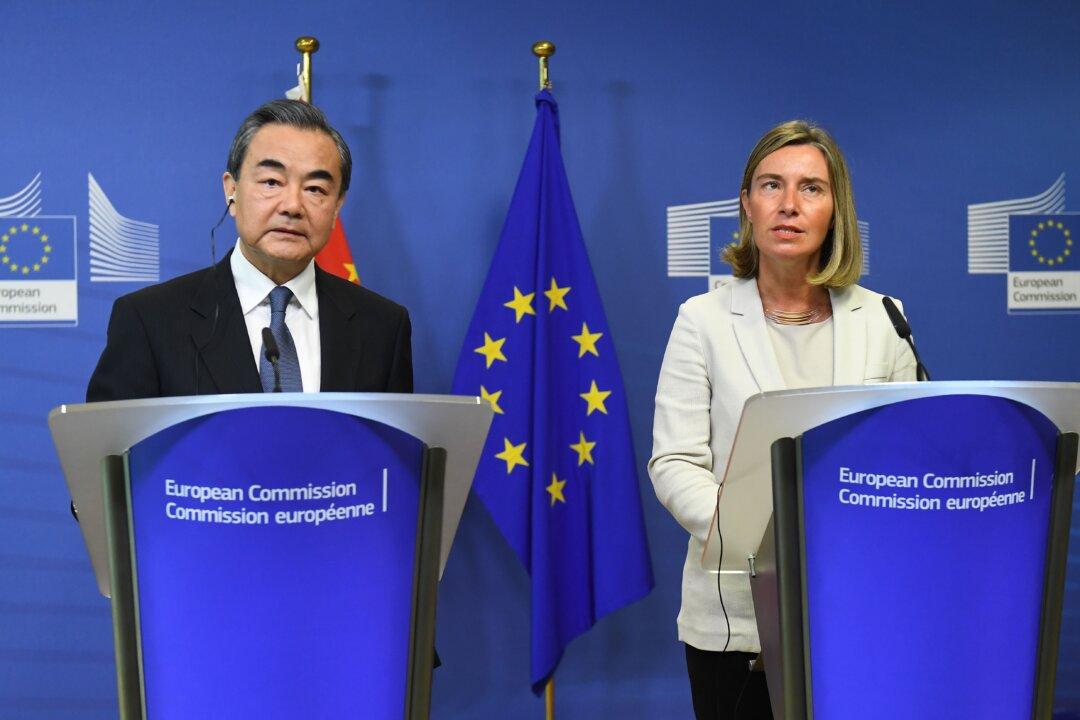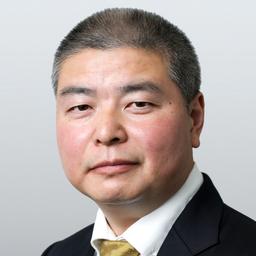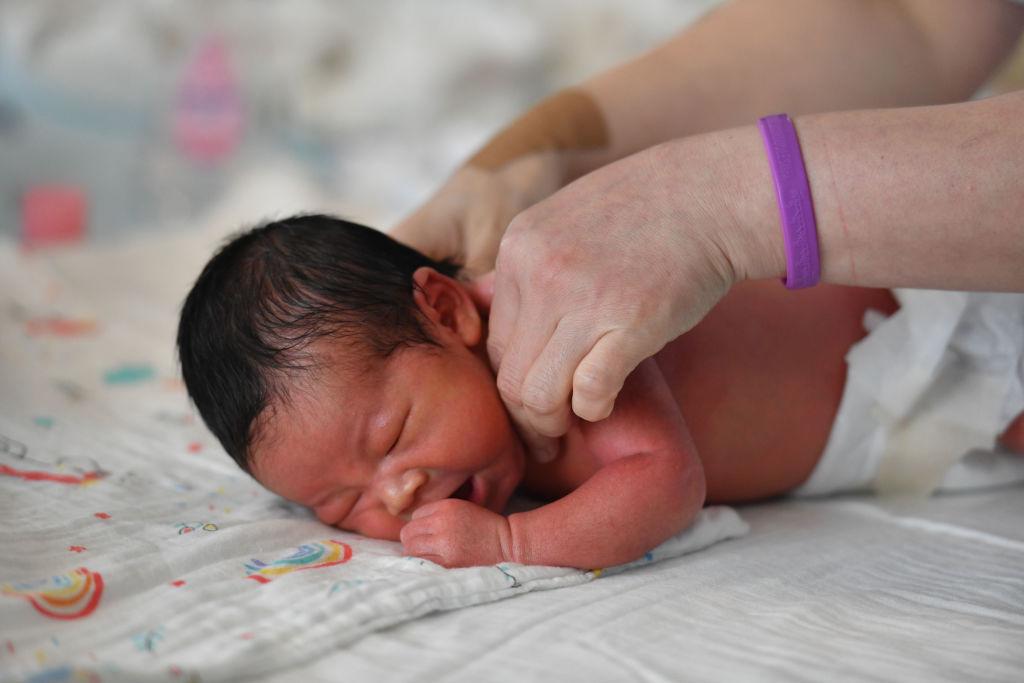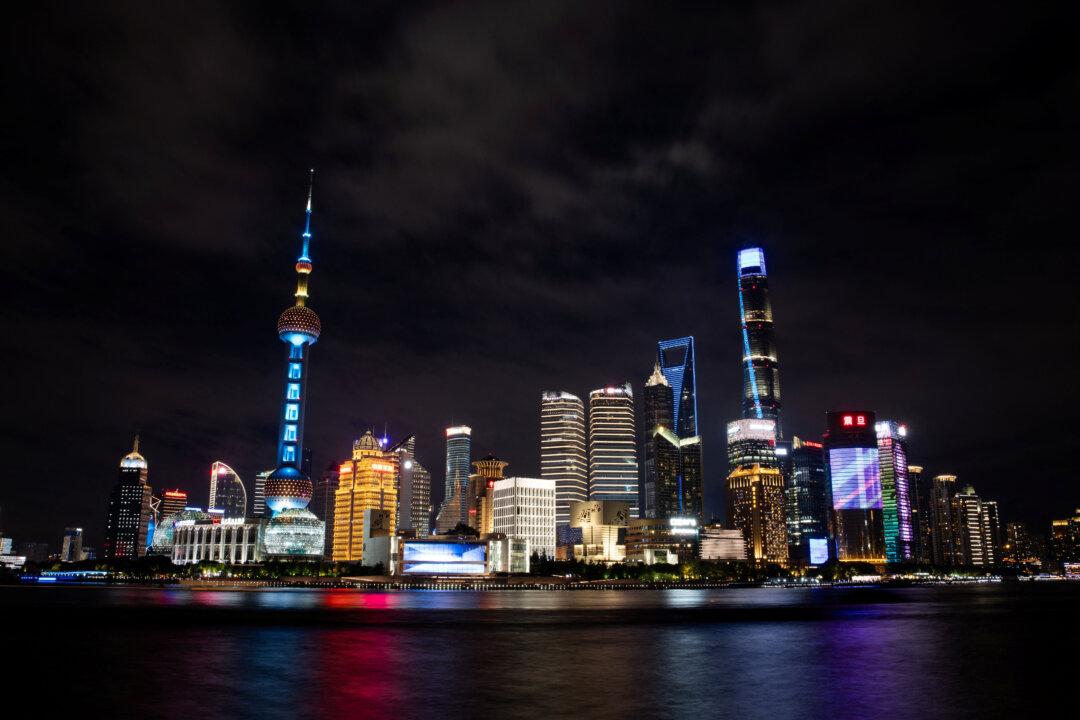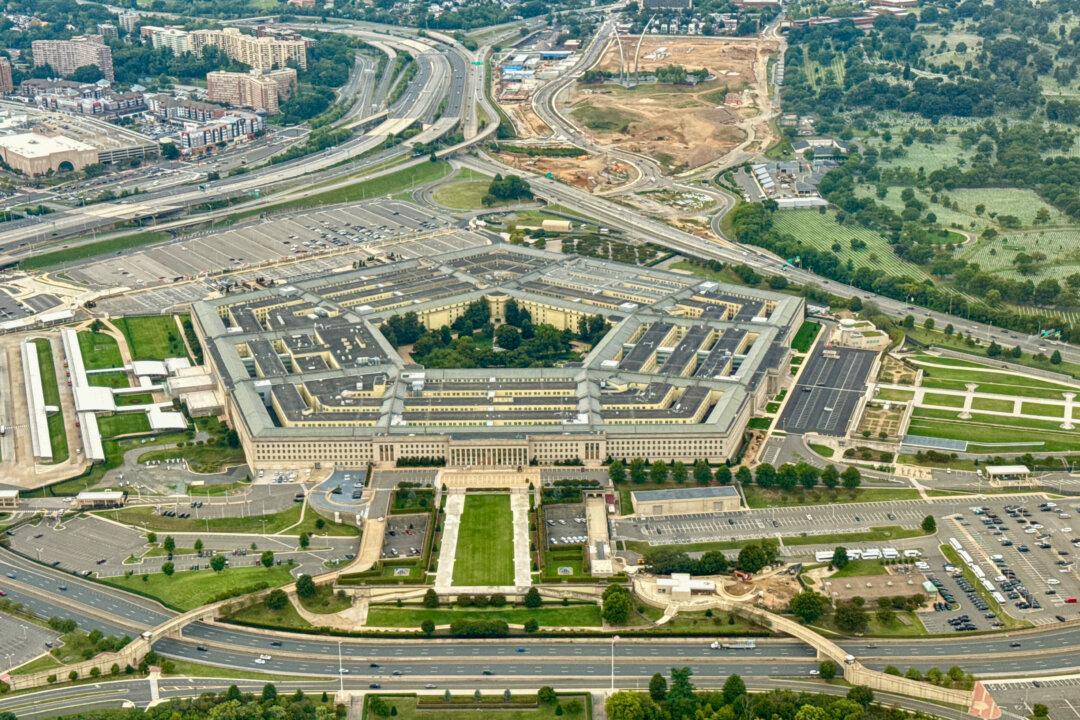Commentary
For the Chinese Communist Party (CCP), the Munich Security Conference (MSC) turned out quite differently this year. With the 57th annual conference postponed until February 2022 due to the pandemic, the MSC held a special edition video conference—without China—on Feb. 19, and held a separate virtual live event with Chinese Foreign Minister Wang Yi on May 25. The meeting revealed major challenges posed by Beijing on the West.
